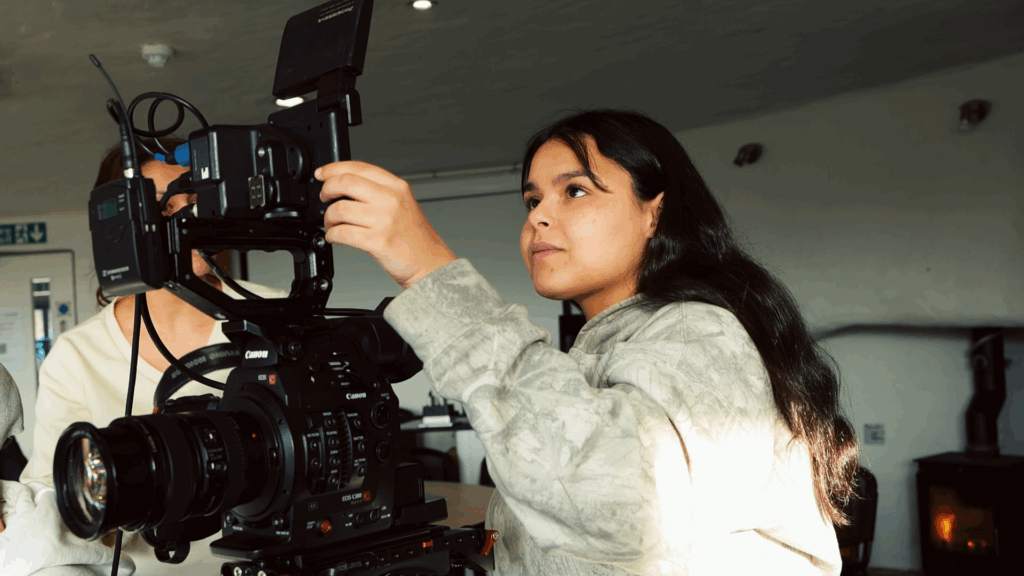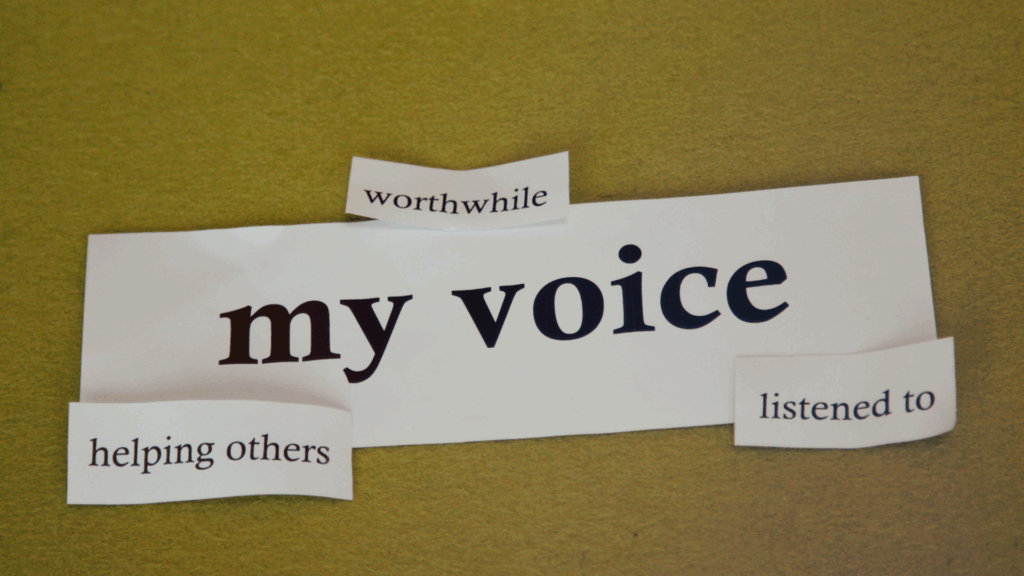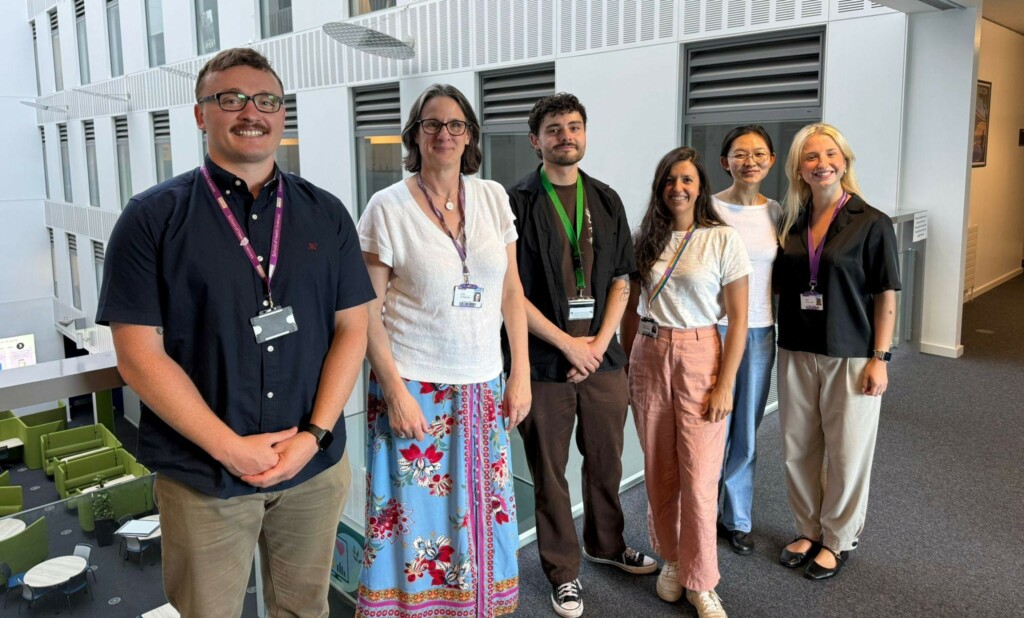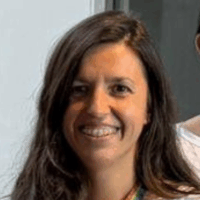Young people shaping research: a choice at every step
Mica Komarnyckyj is a researcher at The University of Manchester and is part of the Mental Health Theme at the National Institute for Health and Care Research (NIHR) Manchester Biomedical Research Centre (BRC).
Sinduja from Vocal talks to Mica about how young people have shaped her research.
I think the research is gonna make a massive difference, and just like helping people understand what we've been through, our reactions to stuff, our emotions. I just think it's gonna have a real impact.
Public Partner & Research Participant, 20 years old
What is your research about?
I’m working on a study called ‘Investigating the impacts of early life experience on the brain and behaviour’ (SOCiAL), co-funded by the NIHR Manchester BRC. Experiencing adversity early in life (e.g. stress, trauma, neglect and parental separation) can affect the way the brain develops. For some people, this could lead to mental health conditions and other challenges. We hope to use knowledge gained from this research to develop tools that help us identify young people who may be vulnerable to this and so they can get the support they need at the right time for them.
Why is this area of research important to you?
I have seen the challenges that early life trauma and mental health created for people around me. These experiences create significant barriers, affecting opportunities to work, how people learn, connect socially, build families and manage everyday tasks. I want to help break down those barriers and provide better support to people.
How are you involving young people in shaping your research?
Young people’s views have been central from the beginning. In the first phase, we asked young adults who had been adopted and experienced early life adversity about their views on how we should do our research, including consent, payment, and sharing sensitive information. Their input has helped to make the study more inclusive and improved feelings of safety and trust, which are crucial to trauma-informed practice.
With funding from the Children’s and Young People’s theme of the NIHR Mental Health Translational Research Collaboration Mission, young people joined a residential stay and created a film to share their experiences of having a say in the research. We’re now planning activities for adoptees to identify research questions that matter most to them and providing opportunities to collaborate as partners in future research.

What difference have people made on your research?
One of the most important things people told us was that they wanted choice, so we designed the study to be modular and adaptable. For example, participants can decide on the format of the mental health interview and if they want to take part online or in person.
Some weren’t comfortable completing physical aspects of the study (like brain scan, blood test) or sharing personal information during the interview. We’ve made those aspects optional and explain this clearly during screening and consent processes. We also check-in regularly with the young people, so that we can make changes as needed. The flexibility gives the participants a greater sense of agency throughout the research.
We all have different experiences in the care system, and we all need different types of support. This research is important because it can help people that are in care now and people that are in care in the future.
Public Partner & Research Participant, 19 years old

What difference is your approach making?
Young people tell us that being involved in designing the research has already helped them. Whether it’s growing confidence by travelling somewhere new, sharing their experiences or meeting new people. They have also shared they’re proud to be giving back, knowing this research could support others in the future.
It was good because talking about your experiences it can get overwhelming. But I was allowed to pause, take a break, ask questions if I needed to. That really helped, because obviously you're talking about quite difficult stuff, and so it was a very supportive environment
Public Partner & Research Participant, 22 years old
Young people talk about their experience of taking part in this research project

Mica (fourth from the left) and her colleagues
